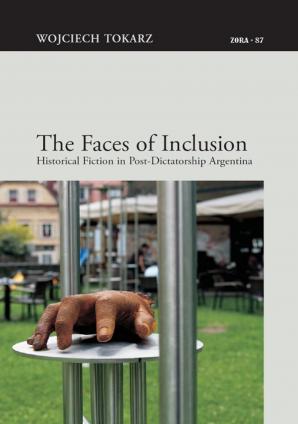The Faces of Inclusion: Historical Fiction in Post-Dictatorship Argentina
Synopsis
In The Faces of Inclusion: Historical Fiction in Post-Dictatorship Argentina Wojciech Tokarz examines the reformulations of history in Argentinean historical fiction produced during the re-democratization of the country. The book begins with the presentation of the socio-political context in which the historical novel re-emerged in Argentina. The fall of the dictatorship and the political events that followed it created an environment that stimulated reevaluations of national narratives and transformations of the concept of citizenship. These changes constituted a radical shift from traditional articulations of the nation characterized by the principle of exclusion. The Faces of Inclusion traces the evolution of the historical novel in Argentina from the nineteenth century to the present with an emphasis on the ideological changes in the principles that conditioned the fictionalization of national origins. While the historical novels from the nineteenth century and the beginning of the twentieth projected the idea of exclusion in the formulation of the nation, the novels produced in post-dictatorship period are characterized by inclusion. Drawing on three historical novels, Tokarz highlights different aspects of the principle of inclusion that encompass the recovery of the legacy of non-European ethnic groups, the acknowledgement of despaparecidos, and the incorporation of the private sphere and contemporary events in the historical discourse. The reformulations of national history in these novels ndicate a democratic vision for the future of the country.
Downloads






